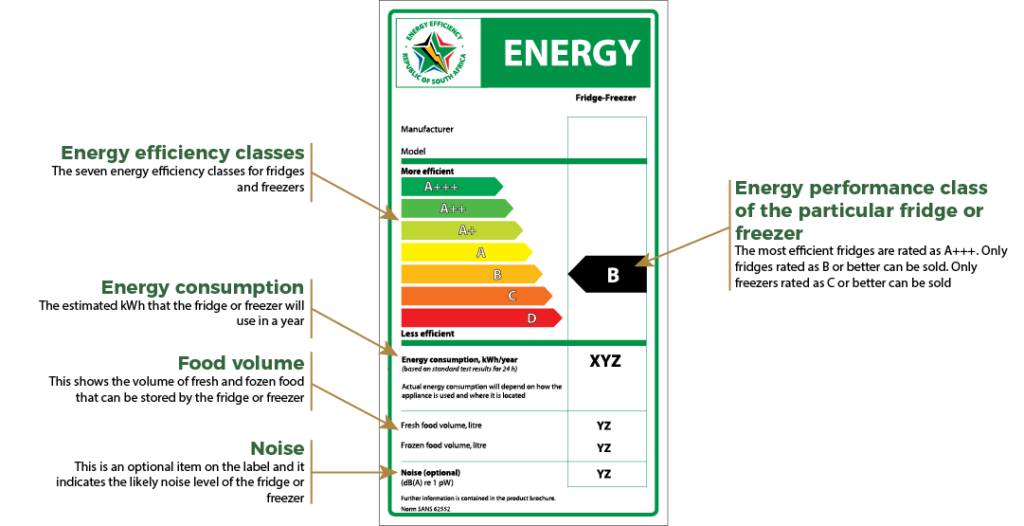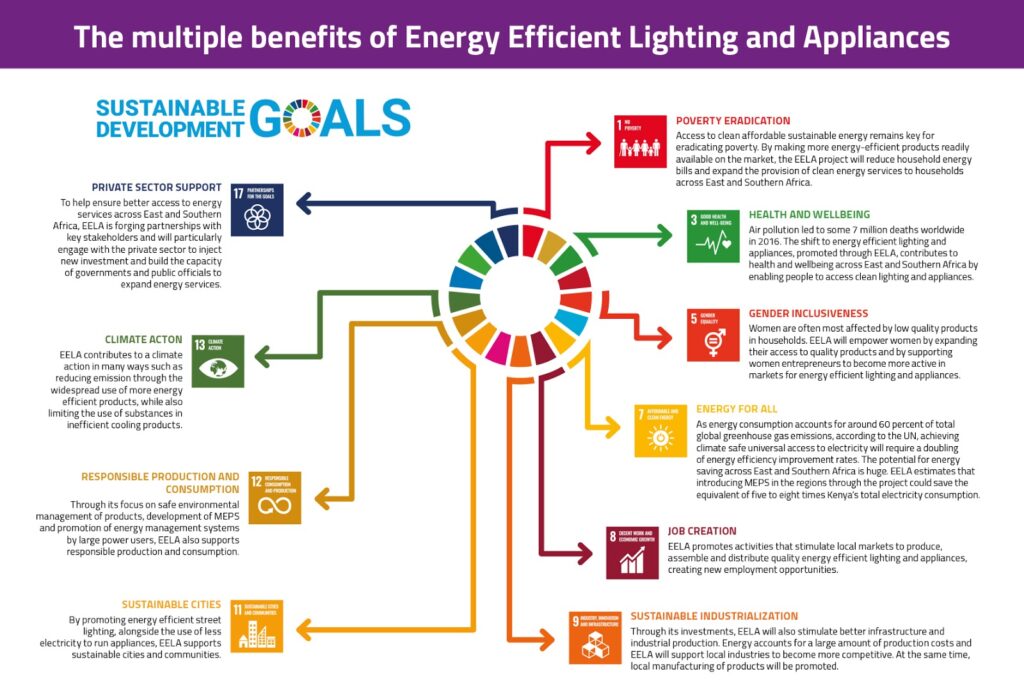
Are you tired of seeing your energy bills skyrocket every month? One way to combat this issue is by using energy-efficient appliances in your home! These appliances use less electricity, which not only saves you money but also helps the environment. In this blog post, we’ll explore what energy-efficient appliances are and how they work. We’ll also discuss the five significant benefits of using these appliances and provide tips on how to find and use them effectively. So, if you’re ready to save some cash while reducing your carbon footprint, keep reading!
What Are Energy-Efficient Appliances?

Energy-efficient appliances are designed to use less energy than their traditional counterparts, which makes them a smart choice for homeowners who want to save money on their utility bills. These appliances work by using advanced technology and innovative designs that reduce the amount of electricity they consume while still performing at high levels.
For example, an energy-efficient refrigerator uses advanced insulation materials and design elements to keep food cold without consuming excess electricity. Similarly, an energy-efficient washing machine utilizes sensors and other technology to determine precisely how much water is needed for each cycle, reducing waste and conserving resources.
In addition to saving you money on your monthly utility bills, there are several other benefits of using energy-efficient appliances in your home. For one thing, these appliances help reduce greenhouse gas emissions by decreasing the amount of fossil fuels needed to generate electricity. They also contribute towards a cleaner environment by reducing air pollution associated with power generation.
Investing in energy-efficient appliances is a wise decision both financially and environmentally speaking. By choosing these machines over their traditional counterparts, homeowners can enjoy significant cost savings while doing their part to protect our planet’s natural resources.
How Do Energy-Efficient Appliances Work?

Energy-efficient appliances work by using advanced technology to reduce the amount of energy they consume. Traditional appliances use more energy than necessary, resulting in higher electricity bills and increased carbon emissions.
Modern energy-efficient appliances use a variety of methods to reduce their energy consumption. For instance, refrigerators now come with better insulation and temperature control features that help keep food fresher for longer periods while consuming less power.
Washing machines also have been designed to conserve water and electricity by reducing the amount of water needed for each wash cycle.
Dishwashers now feature eco-friendly settings that adjust the temperature and duration based on the quantity of dishes being washed, which helps save both water and electricity.
Air conditioners have also become more efficient by utilizing smart thermostats that can adjust cooling levels according to room temperatures.
In summary, these innovative technologies enable our home appliances to operate smoothly without wasting unnecessary amounts of energy. This results in significant cost savings on utility bills while minimizing environmental harm caused by excessive carbon emissions from traditional high-energy-consuming devices.
The Benefits Of Using Energy-Efficient Appliances

Using energy-efficient appliances has become a popular trend in households. They are designed to consume less electricity while performing their intended functions, and this has many benefits.
Firstly, using energy-efficient appliances helps reduce the amount of energy consumed in your household. This translates into lower utility bills at the end of each month, which can save you a significant amount of money over time.
Secondly, these appliances help reduce carbon emissions and protect our environment. By consuming less electricity, they require fewer fossil fuels to generate power and contribute to decreasing greenhouse gas emissions that cause climate change.
Thirdly, these appliances have improved performance compared to traditional models. Energy star-rated refrigerators are well insulated with better compressors making them run more quietly and efficiently as compared with their older counterparts.
Fourthly, most energy-efficient models come equipped with advanced features that make them safer for use than older versions such as automatic shut off features reducing potential fire hazards or overheating risks.
Investing in energy-saving home appliances increases the value of your property by making it eco-friendlier. Homebuyers often seek properties that have green technology installed; hence installing an Energy Star-certified appliance will increase its resale value when it comes time for sale or rental purposes.
All these benefits show why owning an energy-efficient appliance is worth considering due to long-term cost savings on utility bills while also helping protect our planet’s resources from depletion caused by excess consumption levels associated with non-energy efficient devices commonly found today.
How To Find Energy-Efficient Appliances

When looking for energy-efficient appliances, there are a few things you can do to ensure that the products meet your needs. Firstly, look for the ENERGY STAR label on appliances as it means they have been certified by the government as being energy efficient.
Another thing to consider is the appliance’s Energy Guide label which shows how much energy it uses and compares it to similar products. This allows you to make an informed decision when shopping around.
You can also research online or speak with salespeople at stores who specialize in energy-efficient home appliances. They can provide valuable information about product features and benefits that will help you save money on monthly bills while reducing your carbon footprint.
Additionally, be sure to check out any rebates or tax incentives available for purchasing these types of items. Many states offer incentives for buying more energy-efficient products as a way of promoting sustainability.
Finding energy-efficient appliances may take some extra effort but investing in them has numerous long-term benefits both financially and environmentally.
How To Use Energy-Efficient Appliances

Using energy-efficient appliances can be a great way to save on your utility bills while also reducing your environmental impact. However, simply purchasing an energy-efficient appliance is not enough – you also need to use it effectively in order to see the benefits.
One key tip for using energy-efficient appliances is to always follow the manufacturer’s instructions. This may include guidance on how often and when to clean or maintain the appliance, as well as any specific settings that will help maximize its efficiency.
Another important step is to pay attention to how you use the appliance. For example, when using a dishwasher or washing machine, make sure you are running full loads rather than partial ones. This helps ensure that you’re getting the most out of each cycle and minimizing wasted water and electricity.
In addition, consider adjusting your usage patterns based on when rates are lowest (such as during off-peak hours) or when renewable energy sources like solar power are most available.
By taking these steps and being mindful of your usage habits, you can get even more out of your energy-efficient appliances and enjoy significant savings over time!

